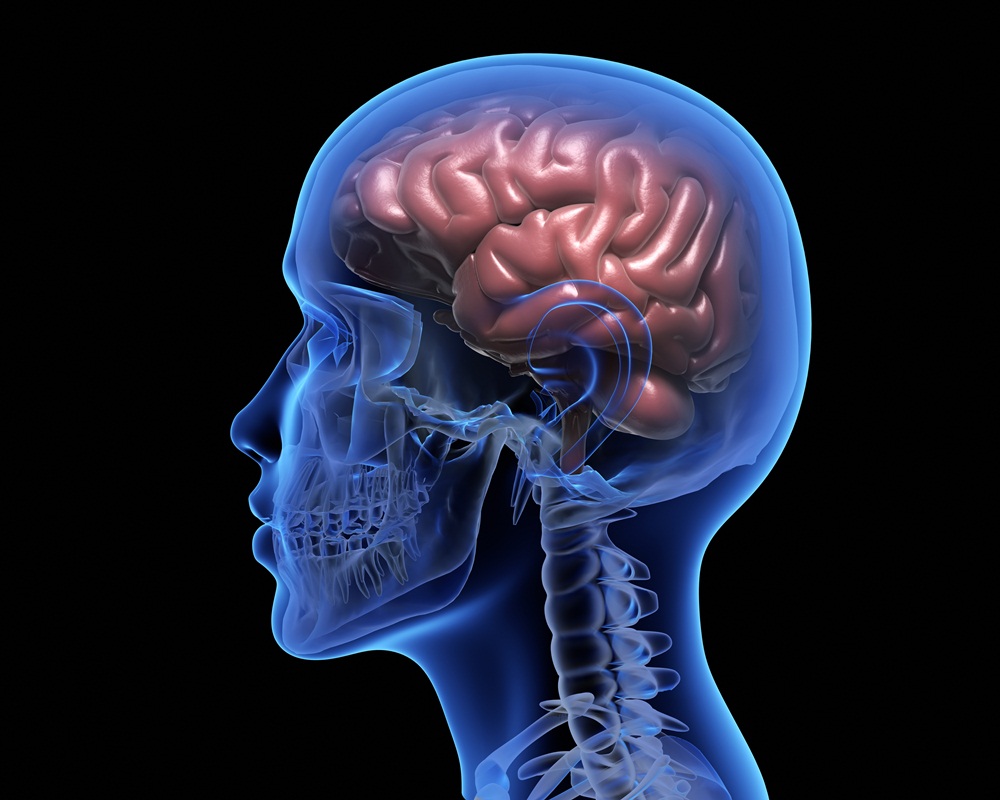Modern scientists have a far better, albeit incomplete, understanding of how we sort through and deal with the memories we make each day. Memory is an information processing system; therefore, we often compare it to a computer. Memory is the set of processes used to encode, store, and retrieve information over different periods of time.
Encoding
We get information into our brains through a process called encoding, which is the input of information into the memory system. Once we receive sensory information from the environment, our brains label or code it
Storage
Once the information has been encoded, we have to somehow have to retain it. Our brains take the encoded information and place it in storage. Storage is the creation of a permanent record of information.
Retrieval
The act of getting information out of memory storage and back into conscious awareness is known as retrieval.
The real memory is inside our brains.
We can access a bevy of data that help form a complete picture of the circumstances surrounding the photo versus the single shot we took. A person’s memory is by no means perfect.
There are certain concerns that need to be addressed when it comes to improving your memory by empowering your brain.
Rest Your Mind
Perhaps more so than any other brain-boosting technique, sleep is essential to your memory operating at its best.
Many of us don’t get enough sleep. Some of us get an alarmingly small amount. This isn’t a good pattern if you hope to keep your memory storage at a maximum level.
Create a Healthy Lifestyle for Your Body (and Your Brain)
The physical and mental exercise you need to keep your memory on point goes hand in hand.
From a physical standpoint, we all know that an active lifestyle is good for us in general, but exercises that get you and your heart moving are great for getting your mind moving too. Also, any exercises or activity that requires hand-eye coordination can promote growth in your brain.
Focus and Pay Attention
The better your focus or more attentive you are to an event or situation, the more likely you’ll remember it.
There’s a lot of useless stuff that happens throughout, which is why zeroing in on what’s essential is vital. Spending too much time on the unnecessary will crowd out what is necessary.
Your memory is an incredibly powerful tool that not only enhances your day to day experiences but makes them far easier to sort through.

